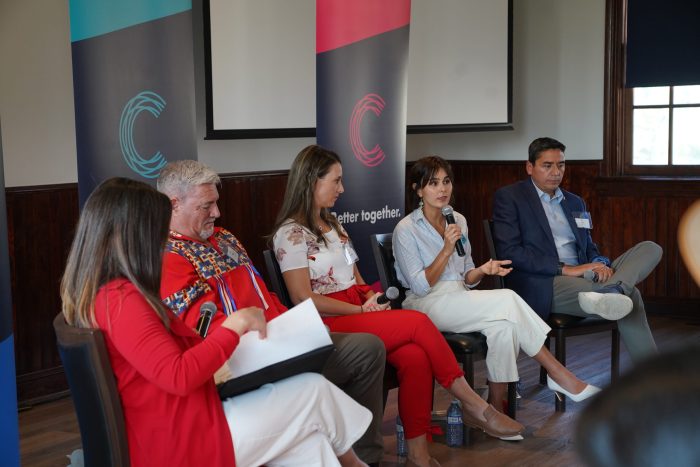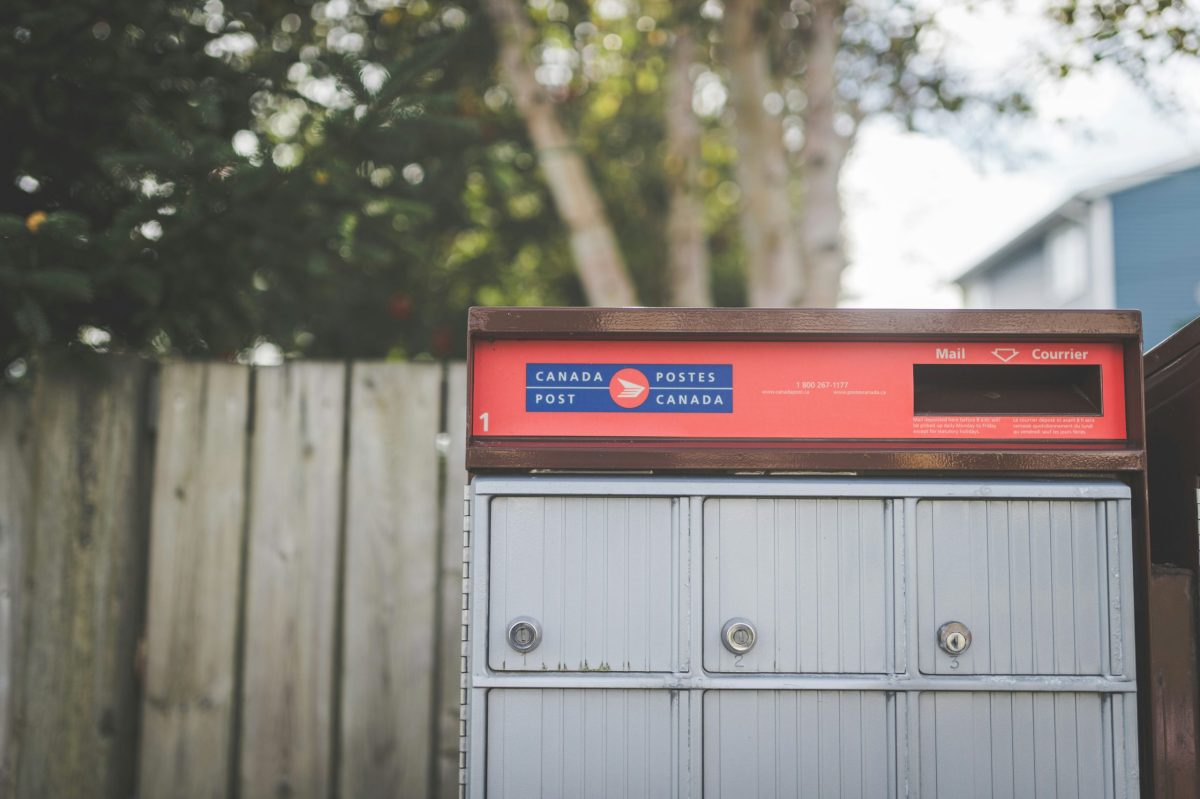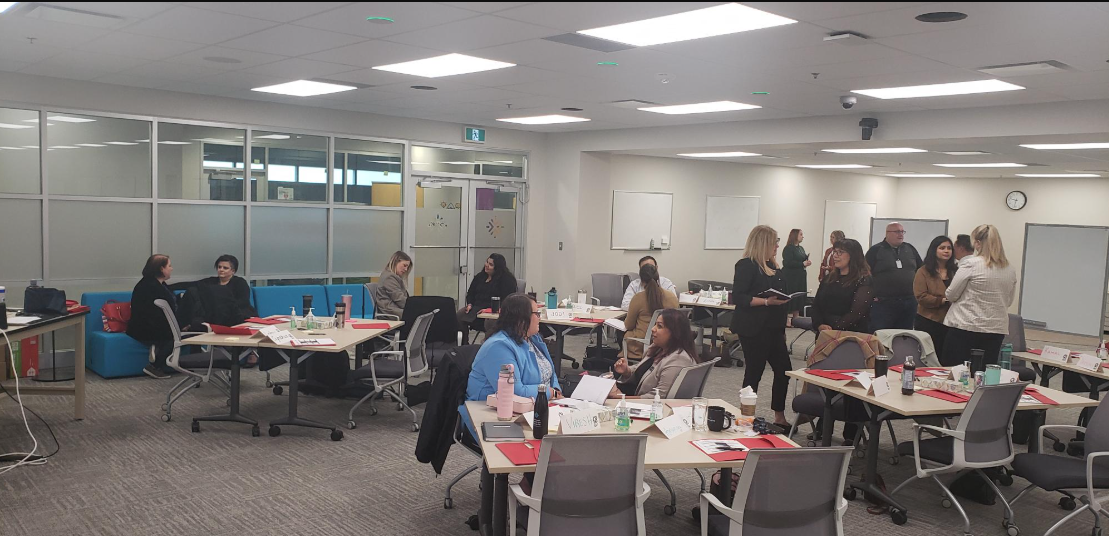On June 24, the Calgary Chamber hosted an Engagement Forum in honour of National Indigenous Peoples Day at The Confluence Historic Site & Parkland, inviting attendees to explore how procurement practices can serve as powerful tools for reconciliation. Moderated by Anne Harding, Owner of Forum Community Relations, the panel brought together voices in Indigenous economic development: Ted Bauer, Director of Indigenous Relations at Alberta Counsel, Sarah Jacknife, Founder of Jacknife Consulting, Lexi Rensing, Senior Manager of SCM Operations and Projects at Keyera and Rod Stagg, Founder of Indigenous Incubator.
At the heart of the conversation was a shared recognition that procurement is more than a transactional process, but a relationship and a lever for change. Indigenous businesses continue to face systemic barriers to accessing government and corporate contracts, from complex onboarding requirements to unconscious bias and outdated definitions of “Indigenous business.” Panelists reflected on the need to shift from passive inclusion to intentional partnership, grounded in trust, respect and community connection.
A common theme throughout the forum was the importance of early engagement and authentic relationship-building. Panelists emphasized that meaningful procurement begins with understanding, beyond an RFP. This means taking the time to learn about Indigenous business capacity, listening to community needs and involving Indigenous partners in the design of opportunities. Procurement should be guided by the values of reciprocity, long-term thinking and mutual benefit, rather than checkboxes and compliance.
The panel also addressed the risks of performative reconciliation, cautioning that targets alone do not create change. While quantifiable goals are important, they must be backed by cultural competency, leadership accountability and adequate resources. As Sarah Jacknife noted, “You can’t reconcile with a people you don’t know.” True reconciliation requires self-reflection, internal education and a willingness to sit with discomfort and act from it.
Success stories were shared to illustrate what’s possible when Indigenous inclusion is prioritized. From companies revising procurement policies and creating Indigenous supplier databases, to mentorship and incubation programs that foster entrepreneurial growth, the panel demonstrated that impact happens when procurement is treated as a strategic, human-centered process.
Ultimately, the forum underscored that advancing Indigenous participation in the economy is essential to building a resilient, inclusive future for all. Procurement can and should be a force for reconciliation, but only when it’s built on understanding, humility and sustained action.
This event was made possible thanks to the generous support of our Truth and Reconciliation Pillar Partner Keyera, our Introducing Sponsor Pathways Alliance and Student Sponsors Alberta Counsel and the Dhillon School of Business at the University of Lethbridge.







